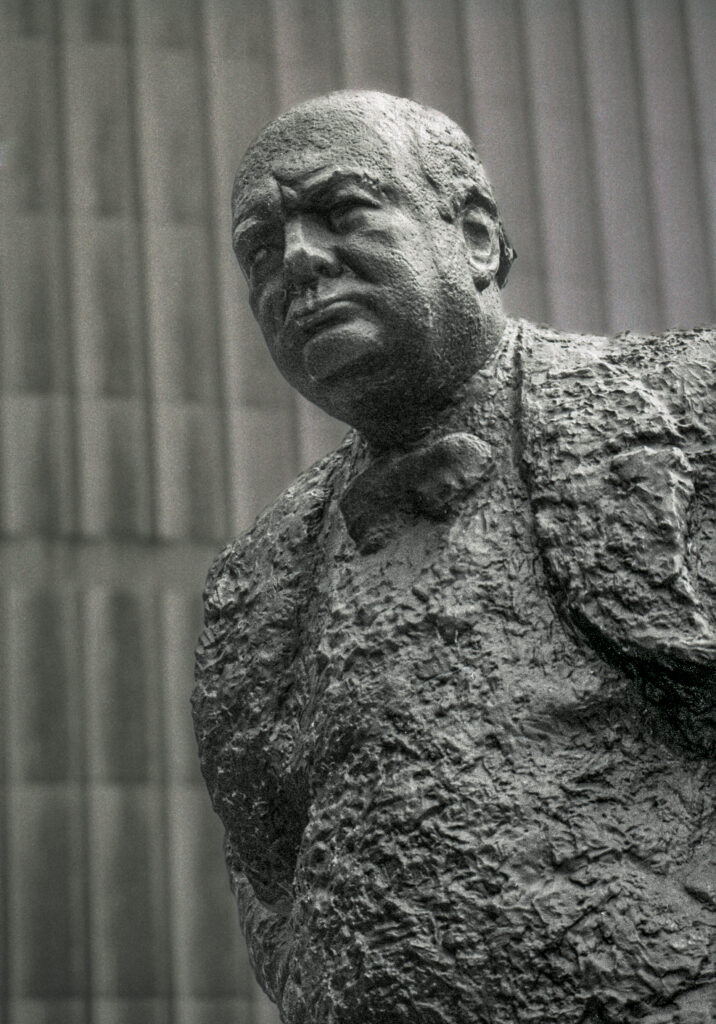Preamble: This is the first in a series of entries I will post over the coming weeks that continues my study into the movement to take down monuments, and change place names. The question I keep asking myself is why does it makes sense to remove some monuments from the public space? What are the arguments for and against?

In 2021 Toronto City Council voted to rename Dundas Street as the namesake, Henry Dundas, 1st Viscount Melville, had taken steps to slow the abolition of slavery: “[as] a key minister in the British government, [he] amended a 1792 resolution to endorse gradual rather than immediate abolition of the slave trade.” (1) Recently three former mayors of Toronto asked the current mayor to reconsider renaming the street (1). The former mayors questioned the conclusions drawn from the historical record that informed the decision to rename.
Earlier posts on some specific monuments (2) highlighted a number of questions, such as: what narrative is a monument promoting, and importantly excluding? What role do monuments play in continuing cultural standards and norms? And, of course among others, their role in reminding us of the past.
Yet, the recurring pressure to re-evaluate various monuments, street names, etc. prompts me to ask how do we assess the decisions and actions of historical figures and how do we conclude such actions, decisions, etc. merit removal of their monument. When making this assessment how do we balance the good and bad contributions? Do we expect perfection, or a sinless life, from memorialized people? Are we taking their actions out of the context of their time and evaluating them against 21st century norms? Certainly, when the monument (or street name) was erected the evaluation was favourable, so what has changed?
A simple answer to this last question, of what has changed, might be that we have become a more diversified society. Or maybe, as a result of being more diversified, we are less bound to the narratives of the past and more willing to ask about them. In doing so, we are willing to reassess the role monuments play in persisting what some would argue is an incomplete and inaccurate record of the past.
(1) 3 former Toronto mayors question Dundas Street renaming in letter to Chow, council | CBC News
(3) The National Monument Audit, Monument Lab
Leave a Reply